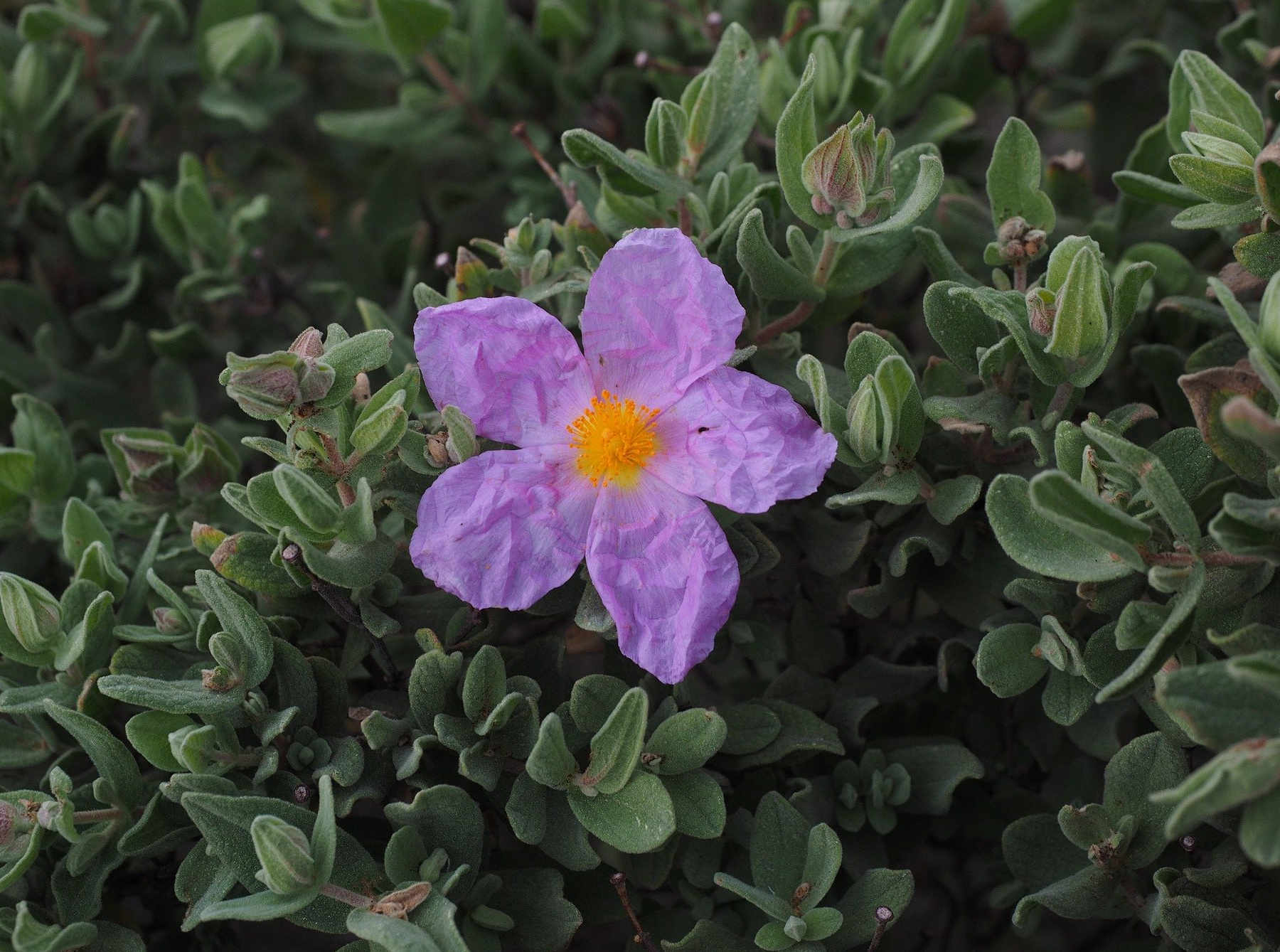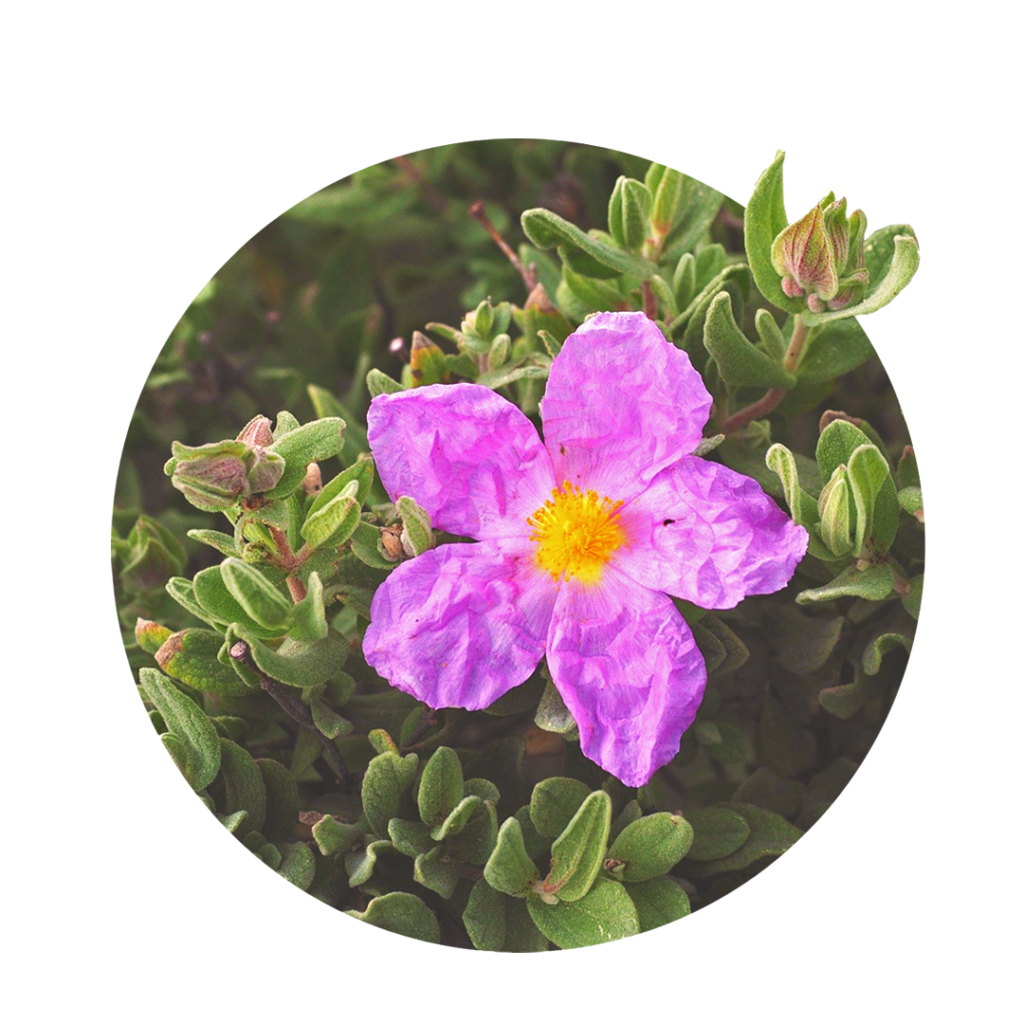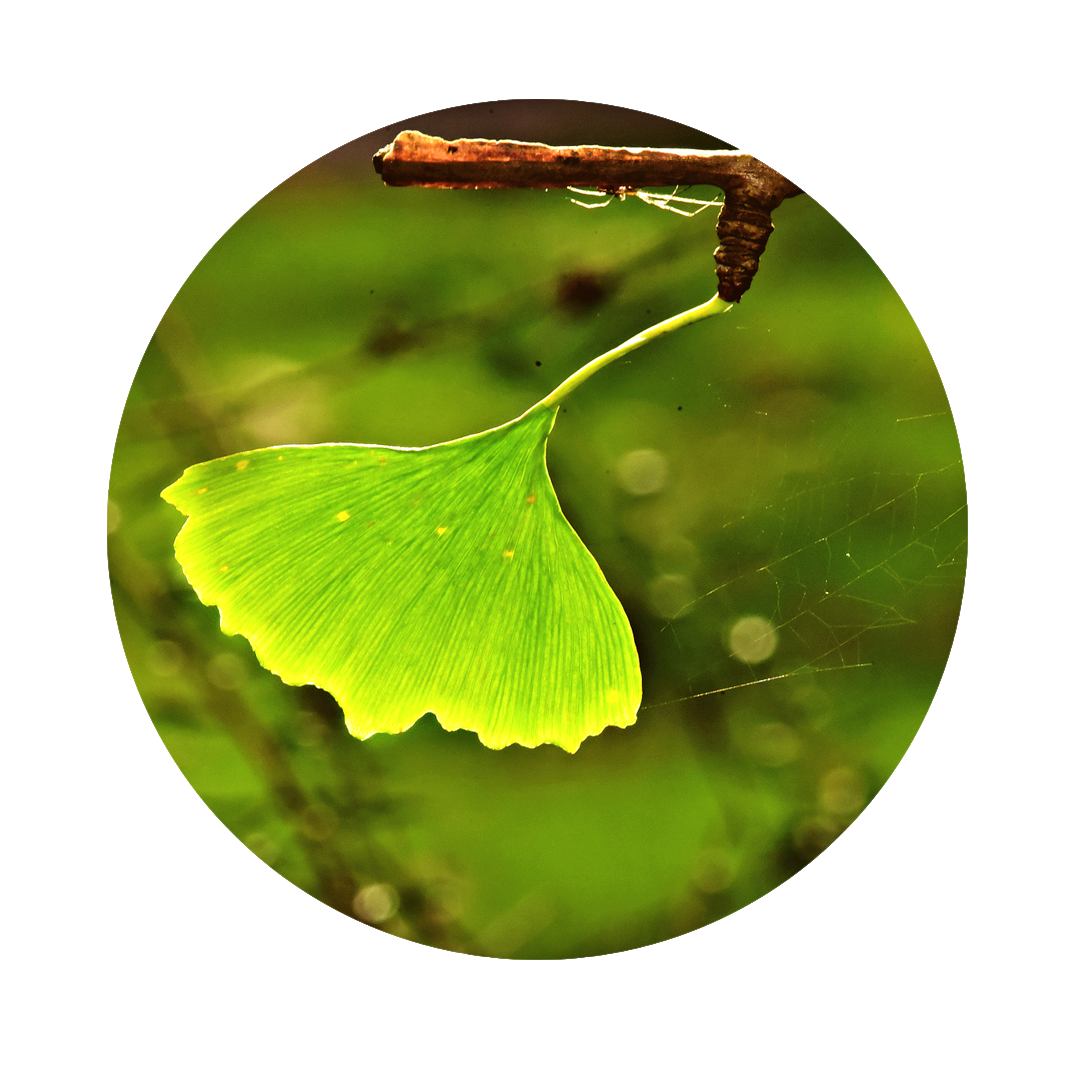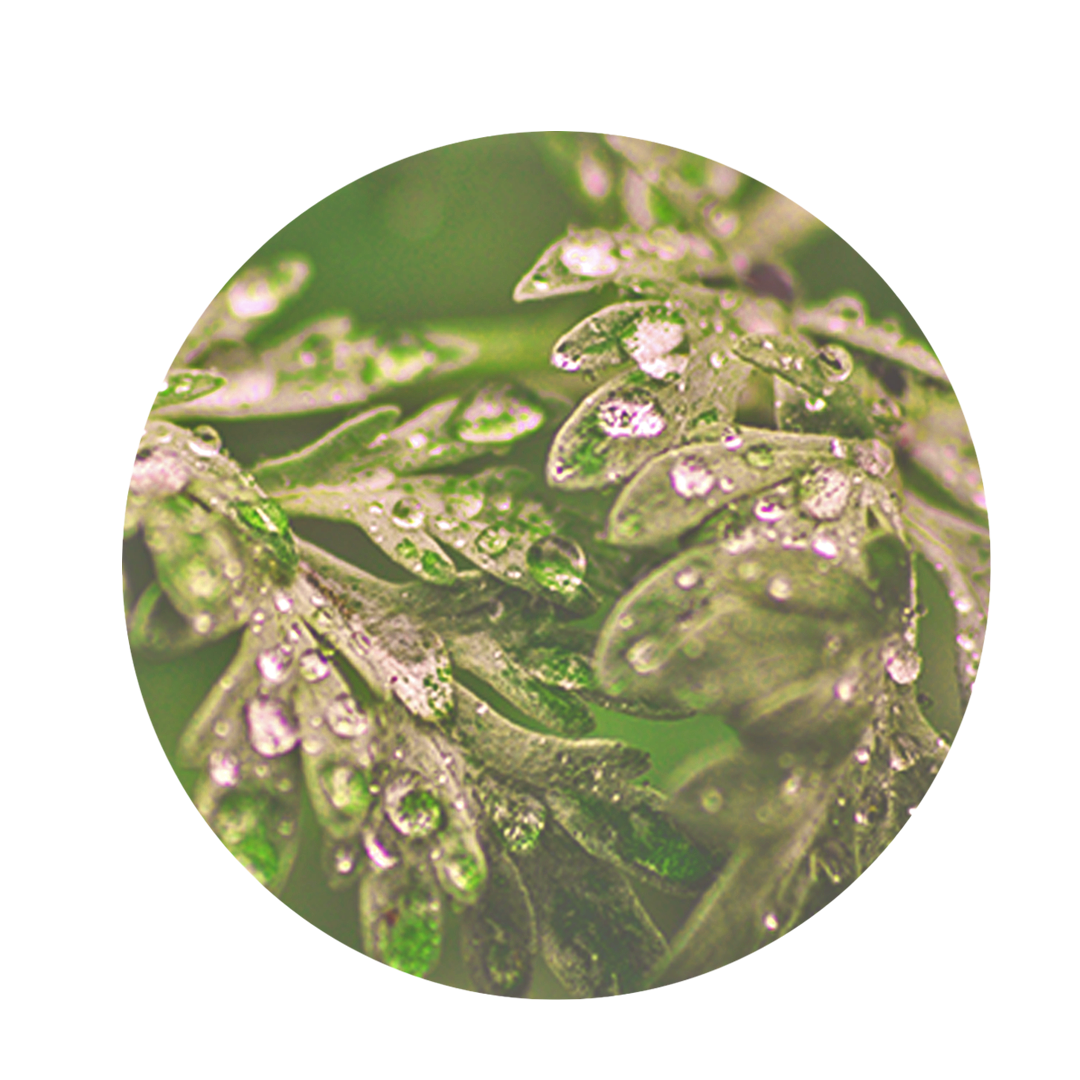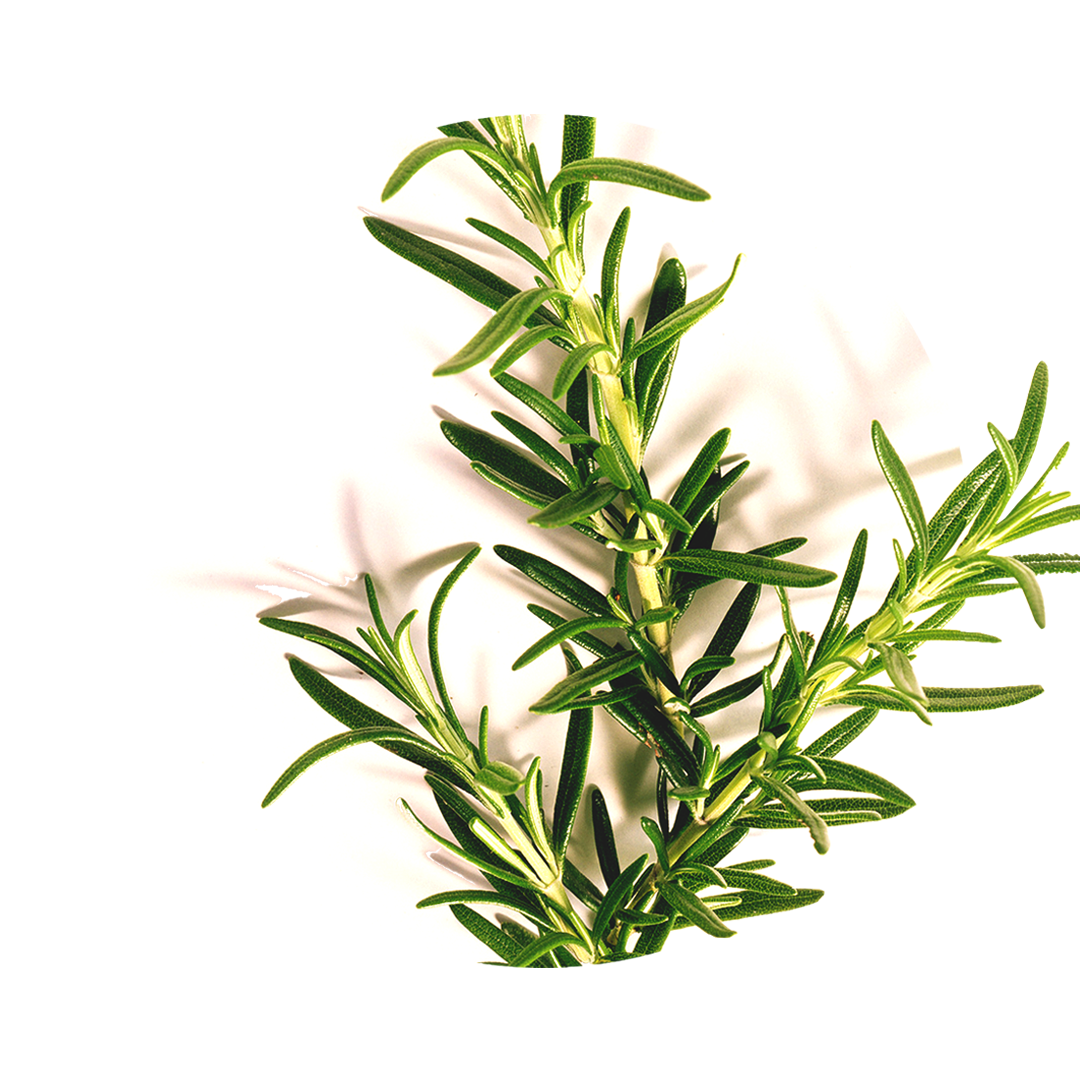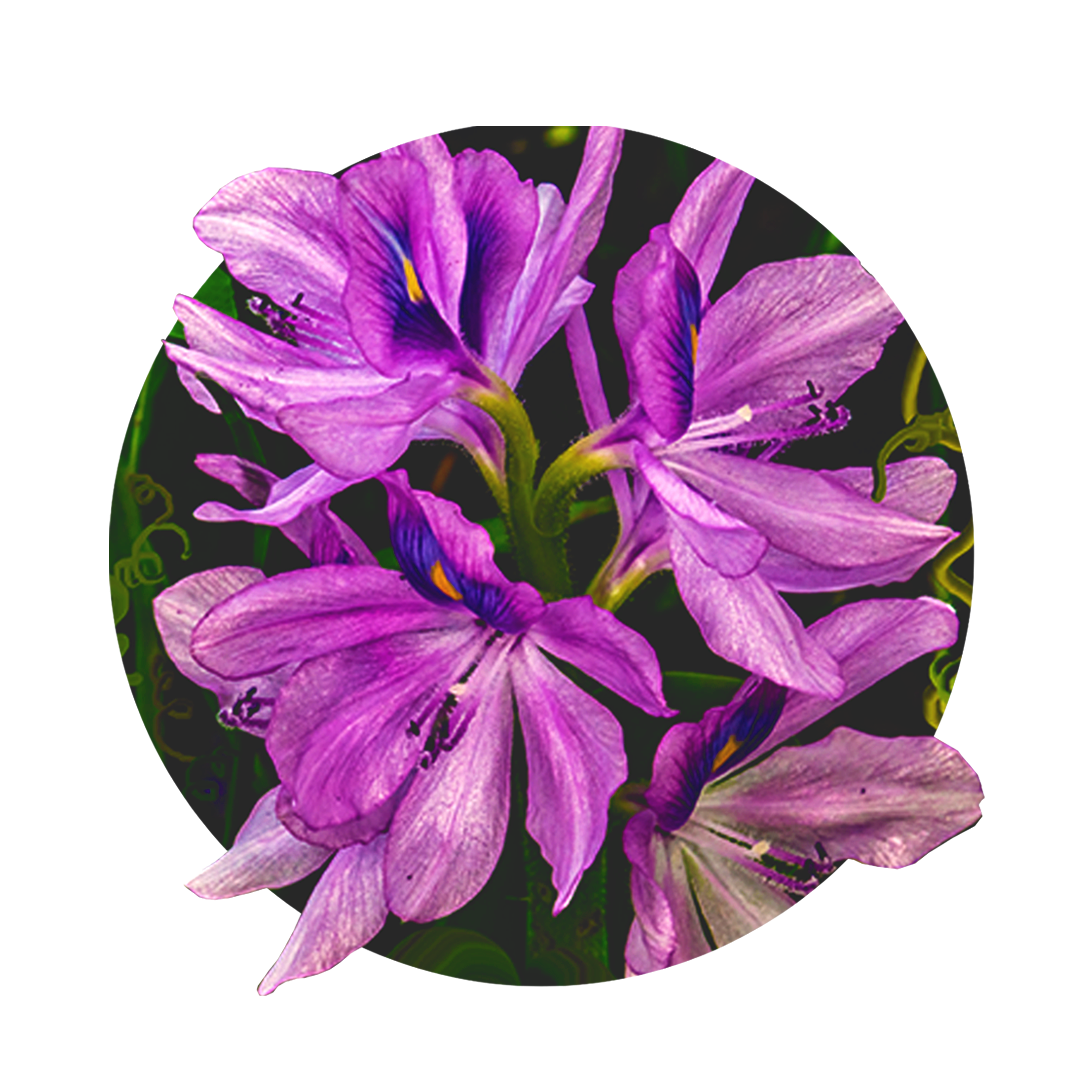Cistus: important natural medicine cold remedy
Cistus is an important medicinal plant and will probably become even more important in the age of viruses. In its countries of origin in the Mediterranean region, it has been used for centuries as an important herb against infections, both externally and internally. The tea of Cretan cistus, which is often referred to as Greek house tea, is well known in our country. However, from this you can see that it is really also very widespread and popular there.
Facts about cistus
Did you know that...
... there are several types and their effectiveness increases from west to east?
... Cistus could also show an effect against HIV and influenza in studies?
... the popular incense resin labdanum is extracted from the cistus?
What is cistus?
Cistus is a shrub about 40-140 cm high that occurs in dry, barren areas. It is a specialist that tolerates the high ambient temperature well. Since fires are more frequent in such areas, the plant has fire-resistant roots that ensure its survival. Its hairy, sticky stems have glands that secrete a resinous substance called labdanum. This labdanum serves as the plant's protection against parasites and evaporation of water in the heat. This resin has been popular as a base for perfumes since ancient times. Nowadays, it is also popularly used as incense in our latitudes.
General and healing properties of rockrose
Antimicrobial
The cistus is antimicrobial. According to various tests, its effect is directed against viruses, bacteria and fungi. Therefore, it can be successfully used both internally and externally to fight skin infections and colds.
Antioxidant
The cistus is antioxidant. In its native countries, it is said to have rejuvenating power. Its high content of antioxidants suggests that cistus is a good choice for signs of aging.
Binds heavy metals
The cistus binds heavy metals. It is therefore suitable to treat heavy metal pollution such as mercury or copper. These burdens can be the cause of various problems, often neurological or psychological.
Relaxing
The cistus is relaxing. In studies, specifically the smooth muscle of the digestive system has shown positive reactions to cistus. It relaxed and digestion improved.
Cistus incanus: Ingredients
The ingredients are diverse and make the plant a really interesting subject of research, as many effects arise from it.
You can find the following ingredients in cistus:
- Polyphenols like ellagitannins
- Tannins
- Resins (labdanum)
- flavonoids such as proanthocyanides, catechin
- Essential oils
Cistus: effect for body and mind
Cistus is one of the most antimicrobial agents of all. Its main use in naturopathy is for external and internal infections. Externally, it is often used for fungal infections or for the care of diffuse skin rashes. However, it has also gained attention in research in recent years due to its good effect against viruses. It has long been considered a cold remedy and choice for upper respiratory tract infections, but studies have shown that it can also be used successfully against influenza viruses and HIV. These results have caused a stir and sparked interest in rockrose. Some therefore recommend the use of rockrose for the prevention of SARS infections.
Another aspect that catches the eye of this plant is its high antioxidant potential, far superior to that of red wine or green tea. Unfortunately, it does not yet have the status it deserves in this area. Because of this high potential of antioxidants, it is said to have a good effect on arteriosclerosis and other signs of aging in its native regions.
Properties cistus
- Antiviral
- Mucosa regenerating
- Antibacterial
- Heavy metal binding
- Antifungal
- Antioxidant
Fields of application in naturopathy
Its high content of active ingredients and its wide distribution in its native regions have made the rockrose an omnipresent medicinal plant in these areas. For the following topics it is also known and appreciated in our country.
Cistus for cold & flu
Most colds are due to high oxidative stress, which allows viruses to overcome the immune system and cause infection. Cistus has a strong antiviral effect and also has a very high antioxidant potential. This makes it the optimal medicinal plant for colds. Its effectiveness in true influenza has been proven in studies.

Cistus incanus for hay fever
With hay fever, the mucous membranes of the nose are swollen and saturated with water. The result is that the nose runs, itches and we have to sneeze constantly. The tannins contained in the rockrose extract the water from the mucous membranes and thus make them decongest. The itching and runny nose recede and free breathing is possible again.
Cistus: effect on skin problems
Since ancient times, the cistus has a good reputation as a medicinal plant for skin diseases. Especially the resin of the plant, called labdanum, has therefore secured a firm place in the cosmetics industry. Laboratory tests have shown that this resin successfully fights fungi and bacteria, thus supporting the healing of the skin. At the same time, preparations with labdanum relieve the itching of skin inflammation and promote tissue regeneration.

Cistus for the digestive system
Large parts of the digestive system are provided with smooth muscle. In the intestines, it is responsible for moving the stool forward and allowing the intestines to move. This musculature likes to spasm, especially when stress causes digestion to not be able to do its job as usual. Cistus helps here that the muscles relax and digestion can run again. In addition, it seals the mucous membrane in the intestine, so it is also often used for diarrhea.
Cistus for inflammation of the mouth and throat
Since cistus has a good effect on mucous membrane, it is also widely used in the mouth and throat. Periodontal disease is a chronic inflammation in which the gums retract, exposing the necks of the teeth and opening a gateway for pathogens towards the roots of the teeth. Rinses with cistus disinfect the oral cavity and stimulate the inflammatory tissue to regenerate. The periodontal disease thus recedes and the danger to the tooth is averted.
Cistus for heavy metal elimination
The cistus binds heavy metals due to its high content of polyphenols. Thus, it is possible to effectively address existing burdens with heavy metals. Especially mercury, cadmium and copper in too high amounts are always a problem that the body can not cope with. A detoxification therapy can help to alleviate the often diffuse symptoms.
Notes on the use of Cistus incanus
Cistus in pregnancy & lactation
The essential oils should be avoided during pregnancy, as it promotes menstruation and can endanger the pregnancy.
However, a cistus tea can be drunk even during pregnancy.
Discover our sprays
With natural methods such as the individual spagyric sprays from Zimply Natural, complaints can be treated and sustainably alleviated.
Use the healing power of Cistus incanus!
Use the healing power of cistus and our other 100 medicinal plants for the natural relief of your ailments. Improve your well-being and support your body, mind and soul! Use our configurator to create your personal spagyric spray, which is tailored to your needs and accompanies you on your natural path to the improvement of body, mind and soul.

